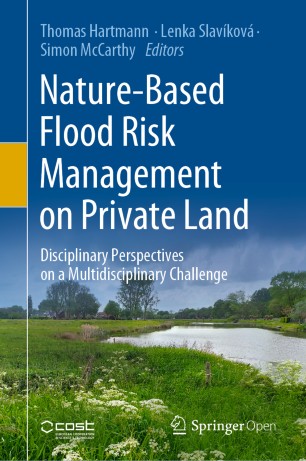
Littering collection and analysis for the purpose of the littered packaging waste determination in Czechia
Littering analysis in selected Czech case sites contributed to the proposal of the economic model to cover clearance costs of public spaces.
To better understand the littering behavior of Czech citizens, the analysis of littering waste in urban areas (e.g., public transport stops, parks, squares, or shopping streets) and natural areas (e.g., rest areas, hiking trails, and areas around water bodies intended for recreation) is needed. Knowing the causes of littering behavior is a prerequisite for designing instruments to prevent this behavior. Furthermore, the data on the composition of littering waste (according to weight, volume, and a number of pieces) allow us to propose a model for sharing the costs of cleaning up this waste between producers.
| Funding Agency: | EKO-KOM, a.s. |
| Duration: | 7/2020 – 12/2021 |
| Contact person: | Jan Slavík, e-mail: slavik@ieep.cz, jan.slavik@ujep.cz |
| Researchers: | Jan Slavík, Martina Vrbová, David Hrabina, Zdeňka Ilková, Blanka Bannertová, Ilona Faitová, Alice Charvátová, Veronika Rožcová, Ladislav Petrovič, Filip Křivánek, Pavel Krajíček |
| In Cooperation with: | GREEN Solutions, s.r.o. |
| Outputs: | Internal document for the funder. |
Transport & Mobility group rules!
The IEEP Transport & Mobility group organizes one event after another to present its results on sustainable mobility planning and impacts of COVID-19 pandemict on city transport.
See e.g. certified Guidelines on how to evaluate sustainable mobility or the Model PLUMM aiming at supporting municipal and regional self-governments in planning mobility development.
News are presented on the group web-site Mobilita IEEP or on Facebook Doprava a Mobilita
4th Czechenvithesis.cz final ceremony is approaching
IEEP together with Vodafone, Czech Ministry of the Environment and other partners organizes 4th national competition CzechEnviThesis that seeks for the best bachelor or diploma thesis focused on socio-economic aspects of environmental protection. The final ceremony is held on 1st December 2022 in Usti nad Labem.
Follow the announcement of five finalists and other news on Facebooku.
Our book “Voda ve městě” was successfully crowdfunded!
Our great book Voda ve městě (Water in the City) for municipalities and other investors aiming at sustainable stormwater harvesting was successfully crowdfunded. This is a great opportunity for us to re-pring the enlarged version and organize excursions and debates about this featured topic.
Our Executive Director is back from the Fubright research stay in the USA
Lenka Slavíková successfully finished her Fulbright scholarship. She shared her experiences in the short blog contribution titled Grapes must be crushed to make wine! Inspirative reading for all parents thinking about moving the big family abroad.
New LAND4FLOOD Springer book published
Together with 35 colleagues from 12 countries, the editorial team consisting of Thomas Hartmann, Lenka Slavíková and Simon McCarthy finallized the new book called Nature-Based Flood Risk Management on Private Land.
Book was published by Springer as Open Access. Download it from here.
We co-organize PLPR 2020 conference in Ústí!
In February 2020, IEEP team will co-organize the 14th annual conference of the International Academic Association on Planning, Law, and Property Rights (PLPR). Lenka Slavíková and Eliška Vejchodská got the hosting flag in February 2019 in Texas. Check more here: plpr2020.ujep.cz.

Watch the VIDEO: What is COST Action LAND4FLOOD about?
Why land matters for flood risk management? Because the quality of soil affects floods (and droughts)? Because land is in someone’s ownership?
Watch the interview video of the LAND4FLOOD COST Action addressing these questions.
Follow us on 20th June for the IWRA webinar: How land matters for flood risk management?
Wednesday, 20. 6. from 13:00 (CET), there will be 60-minute broadcasting from the Riga workshop focused on land and flood risk management issues (more about COST action LAND4FLOOD here).
Webinar is organized under the supervison of the International Water Resources Association (IWRA). Lenka Slavíková, executive director of IEEP, is one of the panelist. More about webinar here.
Special Issue of JFRM has been published!
The special issue of the Journal of Flood Risk Management 1/2018 Land for Flood Risk Management: A catchment-wide and multi-level perspective has been published.
Jiřina Jílková served as its co-editor. Together with Jan Macháč and Lenka Slavíkova, two papers co-authored by IEEP members are included in the special issue.
Impact Factor of the journal is 3.121 (being in Q1 of Water Resources).


